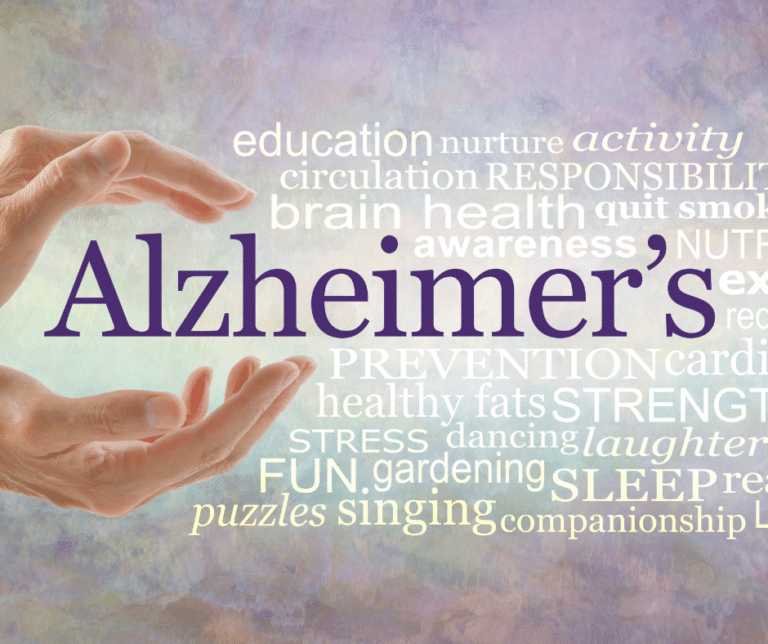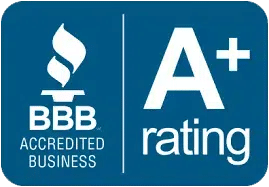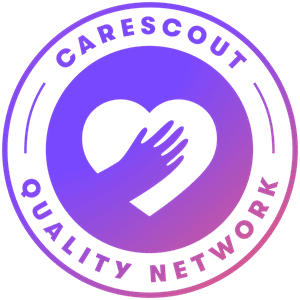Caring for someone who has Alzheimer’s disease is a complicated situation, especially for family caregivers who don’t know a lot about the condition. Alzheimer’s disease can cause significant changes and family caregivers need to understand what’s happening so they can adapt and address care needs. Alzheimer’s home care services help family caregivers and seniors learn as much as possible about Alzheimer’s disease while also offering practical assistance.
Why Education Matters
Alzheimer’s is a progressive disease. It progresses at different speeds for different patients, affecting memory, cognitive abilities, and behavior. Each stage brings different challenges and the more educated family caregivers are, the easier it is to navigate those challenges. Education helps families understand the disease, understand best practices for care, and reduce stress for everyone.
Understanding Disease Progression
Understanding the stages of Alzheimer’s disease and how it progresses is really important. The more that family caregivers understand, the easier it is for them to respond with empathy and find solutions rooted in helping family members cope with confusion and agitation. Family caregivers also experience less stress when they know more about what is going on. The different stages of Alzheimer’s disease share similarities from one patient to another, so it helps to know what’s coming.
Learning Communication Strategies
Alzheimer’s disease makes it more difficult for seniors to communicate, so family caregivers need to learn more about how to communicate with Alzheimer’s patients effectively. Home care providers can help family caregivers practice active listening. This technique reduces frustration for everyone concerned. Simplifying communication also makes communication easier.
Self-care for Family Caregivers
Access to Alzheimer’s home care services and learning as much as possible about Alzheimer’s disease helps family caregivers understand why taking time away is so important. Family caregivers learn how to set healthy boundaries for themselves and to take advantage of respite time.
Staying on Top of New Research
Alzheimer’s research is ever-evolving. The more that scientists and doctors learn about Alzheimer’s disease, the better families are able to put that information to good use in everyday life. Solutions like memory therapies, using art and music, and other types of sensory techniques can make a big difference for Alzheimer’s patients.
Building Confidence and Resilience
Knowledge is power, especially for family caregivers of a senior with Alzheimer’s disease. So often family caregivers feel helpless or they second guess every choice they make. That isn’t productive at all and it can contribute to the confusion and agitation that seniors may already be feeling because of Alzheimer’s disease. The more that family caregivers learn, the easier it is for them to feel confident in their decisions and better able to handle whatever Alzheimer’s disease throws their way.
Families face a lot of different challenges when a senior is diagnosed with Alzheimer’s disease. Alzheimer’s care services help family caregivers find the resources and education they need to better help the seniors they love deal with this progressive illness. Over time, family caregivers and seniors with Alzheimer’s disease can find a solid rhythm, even as they experience bumps in the road along the way.
If you or an aging loved one are considering Alzheimer’s Home Care in Bellevue, NE, please contact the caring staff at Caretech today at (402) 697-5121
Caretech provides the best care services for seniors and families throughout Nebraska including Omaha, Lincoln, Bellevue, Grand Island, Kearney, Fremont, Norfolk, Hastings, Columbus, Papillon, North Platte, La Vista, Scottsbluff, South Sioux City, Beatrice, Lexington, Chalco, Gretna, Gering, York, and surrounding areas.
- How Caretech Is Using Technology to Support Caregivers and Raise the Standard of Home Care - May 15, 2025
- Does Medicaid Pay for Respite Care? Understanding Your Options for Children with Special Needs - May 8, 2025
- Providing Culturally Sensitive, Inclusive Home Care in the United States - April 29, 2025







